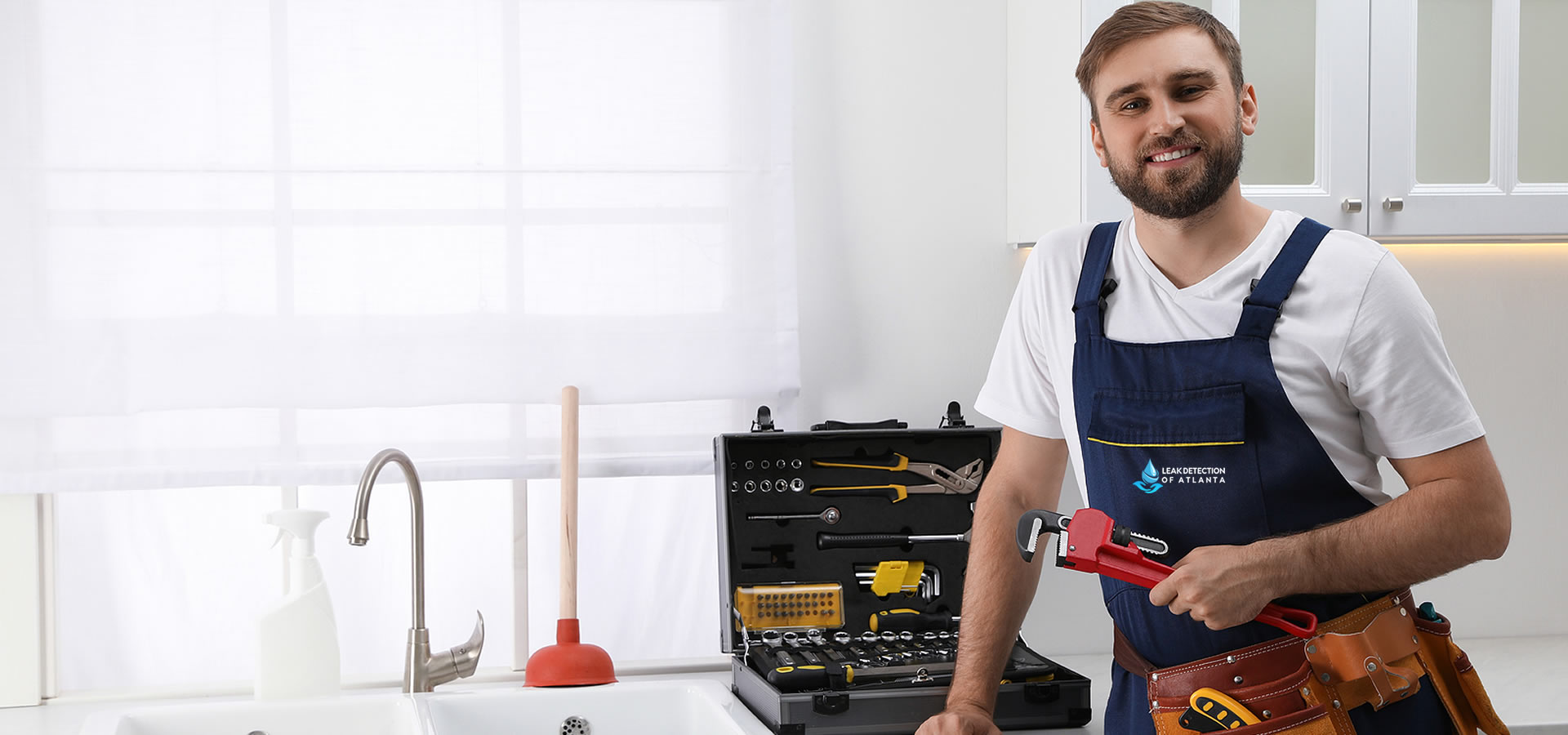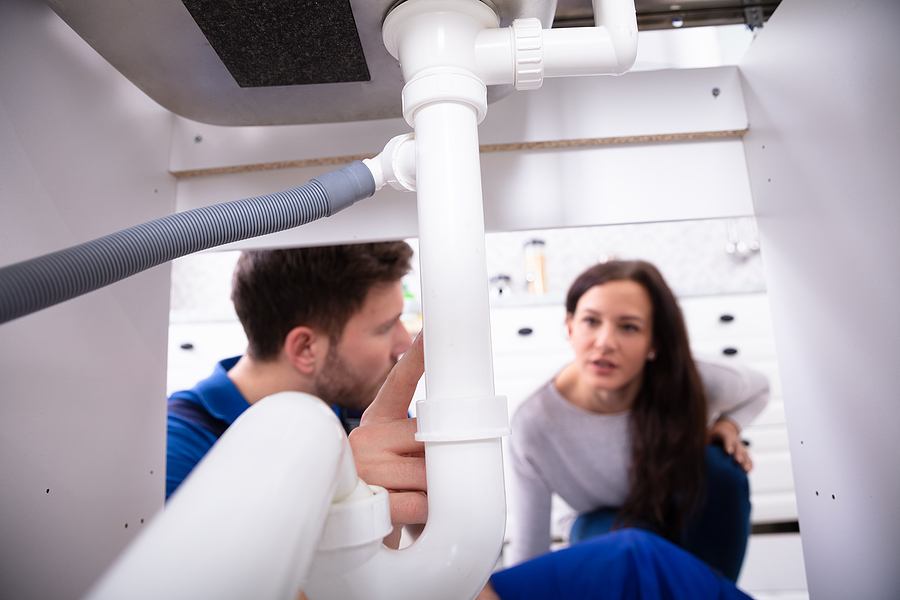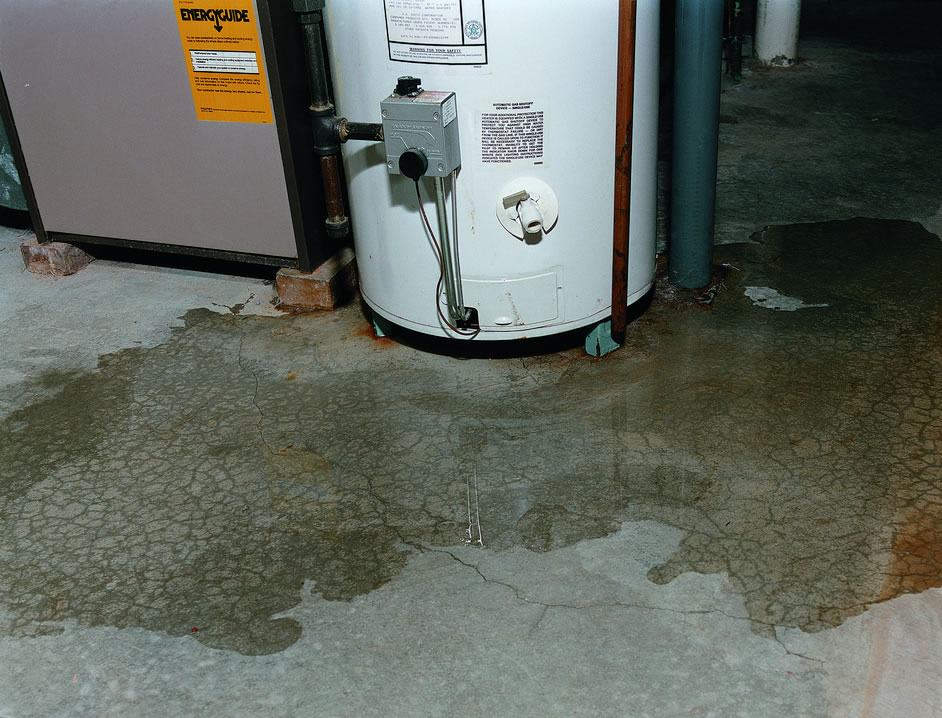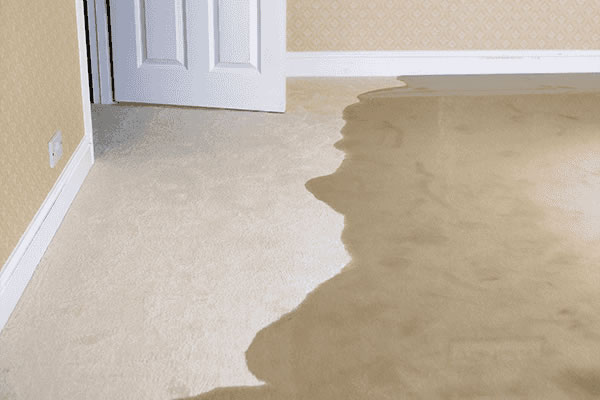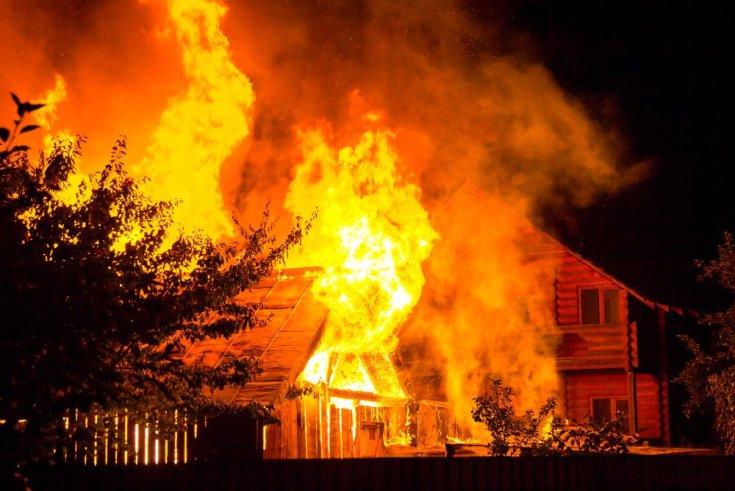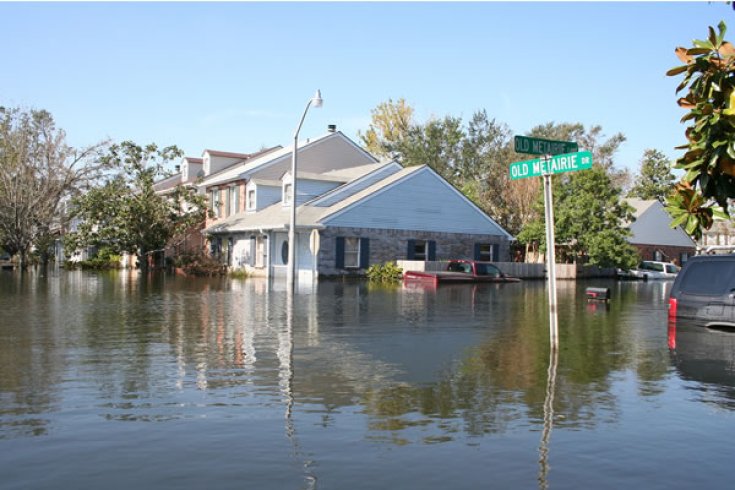How to Find Drain Clogs
Are you dealing with slow drainage or a gurgling noise in your pipes? These are common indicators of a clogged drain. But don't worry. The solution may be simpler than you think. There are some simple steps for locating drain clogs, and this article provides tips for preventing them in the future. From identifying the problem area to detecting leaks, the team at Leak Detection of Atlanta has the expertise to help you get your pipes running smoothly again. Will the problem be easily resolved with a drain cleaning? Or is it so urgent that you should reach out to an emergency plumber?
Locate the Problem Area
You can find the problem area by watching where your water drains from the toilet. If there is a clogged toilet, water will not drain properly. You can see this if there is a small puddle around the base of your toilet. If there is no puddle, but water isn't draining out of your toilet, there may be a clog in one of your other drains. If there is no puddle around your toilet, move on to another drain in your home that could be clogged.
One of the simplest ways to locate a clog is by using a plunger or plumbers snake. A plunger consists of an airtight rubber cup that fits over the drain opening. When you plunge, you force water through the drain and into the cup, creating a suction that pulls the water back down through the pipe. A plumbers snake is similar in concept but has replaceable rubber blades instead of an airtight rubber cup. Both tools are effective at unclogging drains, but if plunging and snaking don't work, you may have to resort to more drastic measures like a chemical drain cleaner or a plumbing snake tool.
A clog in your drain is no fun. Whether it's a sink, tub, or toilet, a clogged drain can make your life miserable. There are many ways to clear a clogged drain, but before digging around, ensure you know what kind of problem you're dealing with. Knowing the type of clog will help you choose the right tool for the job and get it fixed quickly.
Here are some common types of clogs:
- Food/grit: If hair, food, or other debris is caught in the drain opening, use an auger or plunger to dislodge it. If those don't work, try using hot water to loosen it up first — this can help soften whatever is blocking the pipe so that you can remove it more easily with an auger or plunger.
- Grease/paper: A steady drip of grease or paper towels down your drain may mean something is stuck between the P-trap and the main line (the P-trap is the U-shaped section of pipe under your sink). Plunging this clog (as long as no standing water is present). If plunging doesn't work and there's no standing water in the trap itself, try
Water Backup
If you have water backup in your home or business, it could mean a more serious problem that needs to be addressed immediately. Water backup can cause significant damage and should be addressed immediately by a professional plumber.
Water backup can be caused by several things, such as tree roots growing into pipes or cracks in pipes allowing water to seep through. The best way to prevent water backup is to have your lines inspected yearly by a professional plumber and have any potential problems repaired before they become a significant issue.
Gurgling Noise
If you notice that your drains are making gurgling noises, it may be due to the build-up of hair and other debris in the drain pipes. This is especially true if you notice that this occurs only when water is running in the sink or tub/shower. You can use a snake, plunger, or something else to clear these blockages. If this doesn't work, it may be time to permanently contact Leak Detection of Atlanta for help clearing these issues.
Slow Drainage
Slow drainage is one of the most common plumbing problems caused by various issues. If your sink or bathtub takes longer than usual, you probably have a clogged drain. Here are some simple steps to try before calling a plumber:
First, check for debris in the drainpipe. If hair or other materials is blocking the drain, it will cause water to back up. Remove any foreign objects from the pipe as soon as possible.
Use baking soda and vinegar to unclog your drains. This natural remedy will break up grease buildup and dissolve soap scum that's keeping your drains from draining correctly. Pour 1/2 cup of baking soda into your drain, followed by 1/4 cup of vinegar, and wait five minutes before running hot water through the drain. Use this method only if you have metal pipes because it can corrode them.
If these solutions don't work, it's time to call in Leak Detection of Atlanta!
Leak Detection of Atlanta
Locating and fixing drain clogs can be a manageable task. Quickly identify the problem area and take the necessary actions to clear the clog. Prevent future clogs from forming by being mindful of potential sources of clogs, such as grease and hair. If you ever need help with leak detection or drain cleaning, the team at Leak Detection of Atlanta is here to assist you. With their knowledge and expertise, they can help you get your pipes running like new again.

